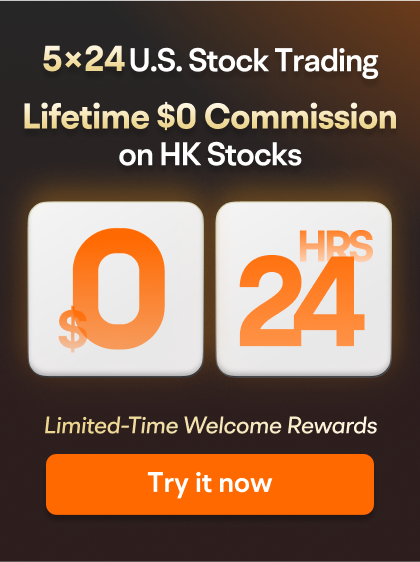① What percentage of Chinese auto companies' direct exports go to the USA? Can it cushion the potential impact of increased tariffs? ② The short sell ratio of Hong Kong auto stocks has significantly decreased. Does this reflect the market's expectation adjustment after excessive worries about the tariff policy?
On March 26, USA President Trump signed an executive order imposing a 25% tariff on imported Autos, which will take effect on April 2. In contrast to the sharp fluctuations in stock prices of major exporting countries, the Hong Kong stock market's Autos Sector performed steadily.
As of the time of writing,$BYD COMPANY (01211.HK)$Increased by over 1%,$LI AUTO-W (02015.HK)$Slightly increased,$GEELY AUTO (00175.HK)$Slight decline.
 In fact, the tax increase measures may have little impact on China's auto industry. According to related data, the proportion of China's total auto exports to the USA is less than 4%, making the impact of the tariff policy on direct export business relatively small.
In fact, the tax increase measures may have little impact on China's auto industry. According to related data, the proportion of China's total auto exports to the USA is less than 4%, making the impact of the tariff policy on direct export business relatively small.
For instance, although the market expansion plans of auto companies like BYD and Geely in the USA may be delayed, their core revenues still rely on the domestic market and other export regions such as Europe and Southeast Asia. This structural layout dilutes the direct impact of the tariff policy on the fundamentals.
At the same time, domestic demand for Electric Vehicles is strong. On January 13, the China Automotive Industry Association held a communication meeting and released the latest Statistics, showing growth in key data for China's autos and Electric Vehicles in 2024. Among these, the production and sales of Electric Vehicles in 2024 both exceeded 12.8 million units, maintaining the number one position globally for ten consecutive years. The penetration rate of Electric Vehicles in China in 2024 (the ratio of new Electric Vehicle sales to total new auto sales) reached 40.9%.
Market sentiment and short selling data reflect expectation adjustments.
According to yesterday's data from the Hong Kong Stock Exchange, the short sell data for Li Auto-W, $XPENG-W (09868.HK)$and other auto stocks has declined. However, BYD's data has shown a slight increase.
Taking LI AUTO as an example, the company's Short Sell shares dropped from 8.56 million shares on the 25th to 3.9565 million shares yesterday, while the Short Sell ratio decreased from 41.69 to 36.02%.
Taking XIAOPENG MOTOR as an example, the company's Short Sell shares fell from 10.4317 million shares on the 25th to 3.9199 million shares yesterday, and the Short Sell ratio decreased from 25.29 to 17.74%.

Taking GEELY AUTO as an example, the company's Short Sell shares decreased from 25.838 million shares on the 25th to 6.847 million shares yesterday, while the Short Sell ratio dropped from 22.21% to 7.51%.

$LEAPMOTOR (09863.HK)$For example, the company's Short Sell shares decreased from 1.875 million shares on the 25th to 1.041 million shares yesterday, while the Short Sell ratio dropped from 17.62% to 8.65%.

Taking BYD COMPANY as an example, the company's Short Sell shares increased from 4.189 million shares on the 25th to 4.219 million shares yesterday, while the Short Sell ratio went up from 27.08% to 33.89%.

Edit/New



 事实上,美国的加税措施或对中国汽车行业影响不大。根据相关数据,中国对美汽车整车出口占比不足4%,关税政策对直接出口业务冲击较小。
事实上,美国的加税措施或对中国汽车行业影响不大。根据相关数据,中国对美汽车整车出口占比不足4%,关税政策对直接出口业务冲击较小。







Comment(1)
Reason For Report